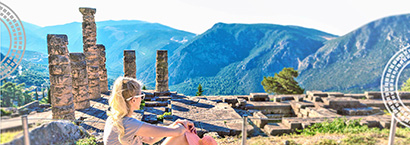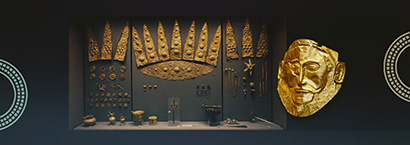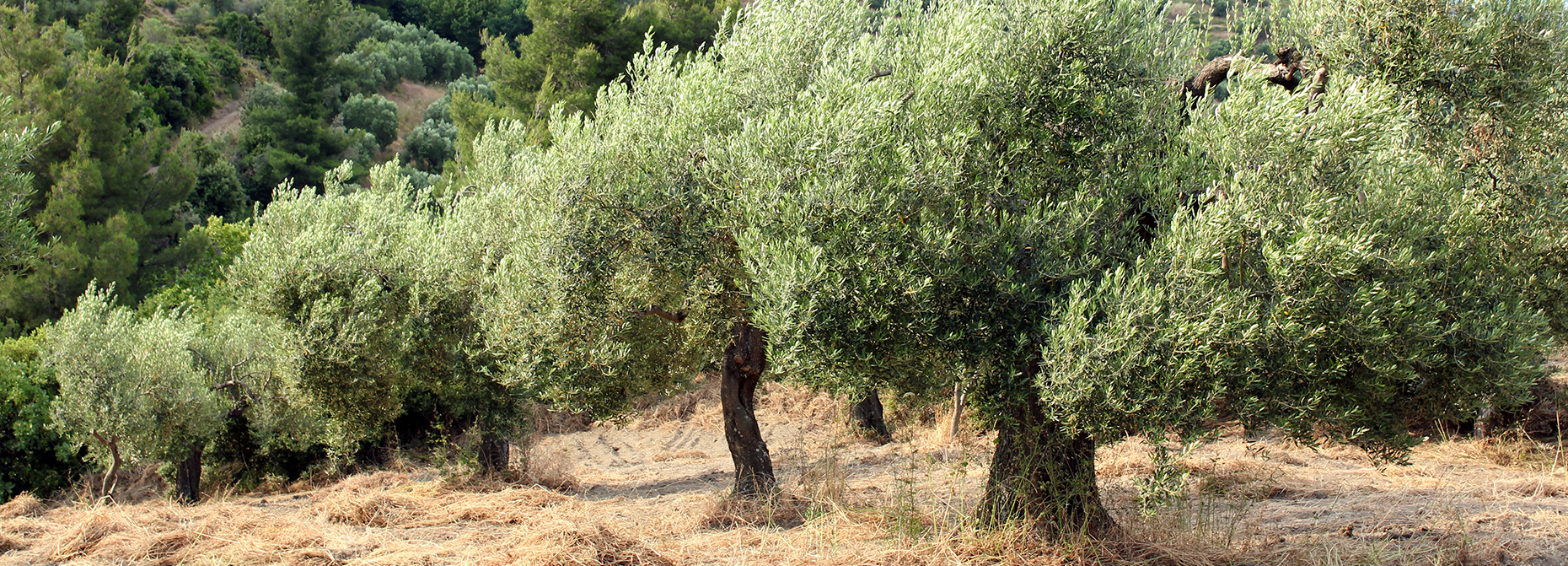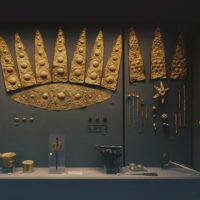The Olive Harvest: A Celebration of Greek Culture
From the sun-kissed slopes of Crete to the rugged hills of the Peloponnese, Greece is cloaked in a mantle of olive groves, their silvery leaves shimmering under the Mediterranean sun. These ancient trees, revered for their life-giving oil, have shaped the landscape and culture of Greece for millennia. And each autumn, as the summer’s heat gives way to the crisp embrace of fall, a time-honoured tradition unfolds across the land – the olive harvest.
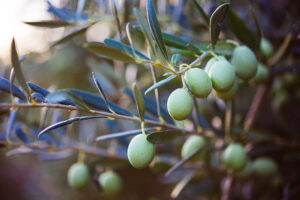
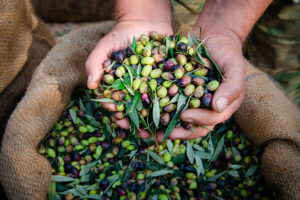
In ancient Greek mythology, the olive tree was associated with Athena, the goddess of wisdom, handicraft, and warfare. According to legend, Athena and Poseidon, the god of the sea, competed for the patronage of Athens. Both presented gifts to the city, but Athena’s gift of an olive tree won the favour of the Athenians, and the city was named after her. Olive trees were often planted in public spaces, and they were considered to be sacred. The olive tree also symbolized peace, prosperity, and victory. Olive branches were carried by messengers of peace and used to crown victors in athletic contests. The concept of an “olive branch” as a symbol of peace has persisted through the centuries and remains relevant today.
The cultivation of olive trees played a vital role in the ancient Greek economy. Olive oil was a valuable export commodity, traded throughout the Mediterranean region. The production of olive oil also supported a thriving domestic industry, with olive presses, oil mills, and transportation networks contributing to the economic prosperity of Greek cities.
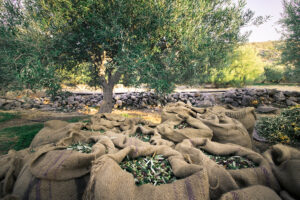
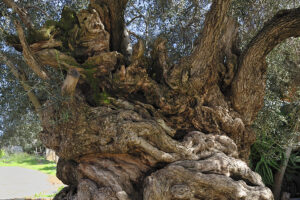
For centuries, the olive harvest has been a communal affair, bringing together families and neighbours to celebrate the bounty of the land. With baskets in hand and laughter in the air, they ascend the olive groves, their hands gently coaxing the ripe olives from their branches. The air is filled with the earthy fragrance of olives, mingling with the sweet scent of ripening grapes and the tang of the sea breeze. The olive harvest is more than just a task; it is a ritual, a connection to the land and its rhythms. It is a time for sharing stories and laughter, for passing down traditions from generation to generation. It is a testament to the enduring spirit of Greece, a country where the olive tree stands as a symbol of life, resilience, and the enduring bond between man and nature. As the olives are gathered, they are transported to local mills, where they are transformed into the liquid gold of Greece – olive oil. This precious elixir, a staple of Greek cuisine, is not just a culinary delight; it is a symbol of health, longevity, and prosperity.
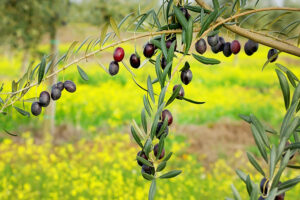

The olive harvest is a time of celebration and Thanksgiving, a moment to cherish the gifts of the earth and the enduring spirit of Greece. As the first drops of olive oil trickle into the waiting containers, it is a reminder of the simple joys of life, the beauty of nature, and the enduring power of tradition.Take a moment to appreciate the olive tree and its significance to Greek culture. For in the olive harvest, we find a profound connection to the land, to our heritage, and to the essence of Greece itself.


